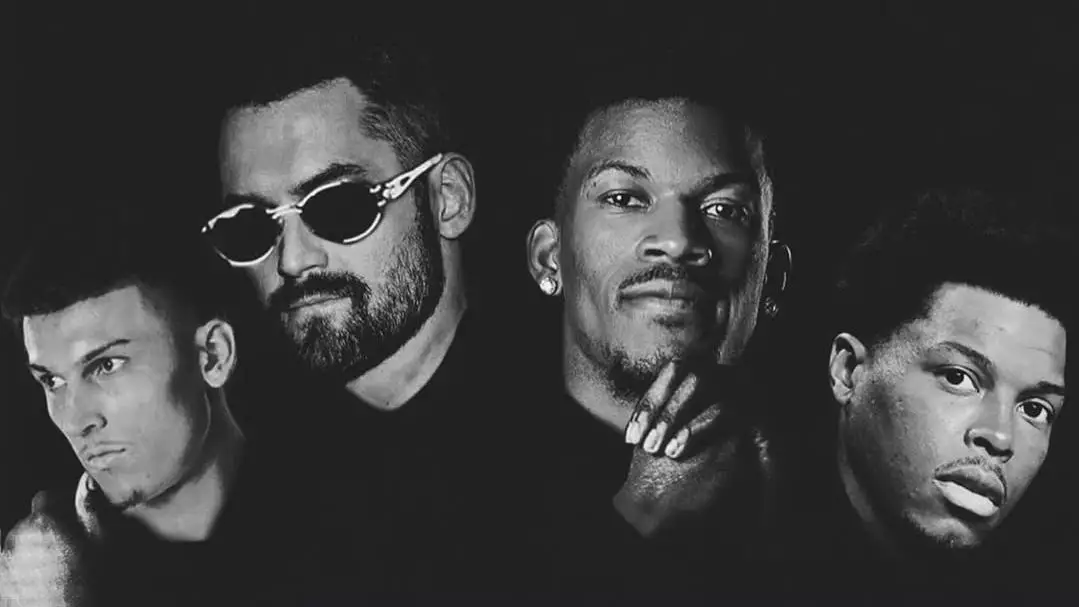Jimmy Butler, a celebrated six-time All-Star, has openly voiced his discontent with the Miami Heat, indicating a desire for change that has become increasingly palpable among teammates and fans alike. After a disappointing 128-115 loss to the Indiana Pacers, where he underperformed, Butler’s frustrations ignited conversations about his future. Describing a decline in his joy for the game, Butler stated, “I want to see me getting my joy back playing basketball. Wherever that may be, we’ll find out here pretty soon.” His candidness resonates deeply, revealing an athlete grappling with the pressures of professional sports amid diminishing performance.
Butler’s emotional struggle raises important questions about mental health in sports, where athletes face intense scrutiny and expectations. His insistence on reclaiming a sense of dominance on the court speaks volumes about his competitive spirit. However, it also hints at a broader issue: the psychological toll of feeling unvalued and underperforming. Butler seems to signify a critical point where personal happiness and professional obligation collide, prompting an existential reflection on what it means to be a player in an increasingly commercialized league.
The fallout from Butler’s statements has also rippled through his team. Kevin Love, a pivotal player for the Heat, took to social media to share his sentiments, parodying the wistful nostalgia of ’90s R&B via an homage to Boyz II Men. This post, which featured the group alongside Butler and other notable NBA figures, conveyed a sense of farewell amid palpable tension, hinting at a collective understanding of Butler’s potential departure. However, Love’s choice of nostalgic sentiment underscores a deeper longing within sports culture—a craving for unity and joy that often feels elusive in the face of professional rivalry.
Butler’s conundrum escalated as reports indicated that he has been actively considering a trade, pinpointing teams like the Phoenix Suns and Dallas Mavericks as potential destinations. The organization responded decisively, as Heat president Pat Riley declared unequivocally that Butler is not on the trading block. This definitive stance raises eyebrows about potential friction within the team dynamics. It positions Butler at a crossroads where loyalty to the franchise collides with his aspirations as an athlete seeking fulfillment and excellence.
Contractual complexities further complicate Butler’s situation. As he enters the final year of his contract, with a staggering player option looming for the next season at $52 million, the stakes have never been higher. Reports from ESPN’s Shams Charania and Brian Windhorst suggest Butler is likely to decline the player option, signaling his intentions to explore free agency later. This represents a strategic maneuver that reflects the broader trends in professional basketball—where players increasingly leverage free agency to negotiate better opportunities based on performance and market demand.
As it stands, the Miami Heat finds itself at the heart of a personal and professional dilemma. While authorities within the organization seek to retain Butler, his journey towards rediscovering joy in the game or exploring new horizons remains a poignant narrative within the broader story of professional basketball. Ultimately, Butler’s journey serves as a reminder of the delicate interplay between athlete welfare, personal happiness, and the relentless pursuit of success in a fiercely competitive arena.

